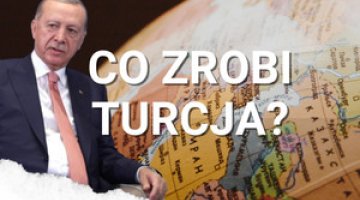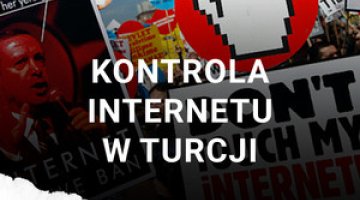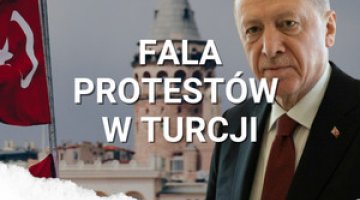Another terrorist attack in Turkey
A suicide bomb was detonated on 12th January in Istanbul in Sultanahmet, the most important tourist centre in Turkey. In light of media reports (the Turkish government is restricting access to information) at least ten people were killed, mostly foreign, German tourists. Although nobody has claimed responsibility for the attack, the Turkish government is blaming Islamic State (IS) for masterminding it and a Syrian citizen for carrying it out (according to another version it was carried out by a Saudi Arabian citizen). Three Russian citizens have also been detained since they are suspected to have taken part in the preparation of the bombing. Ankara has announced it will take strong action in order to punish those who planned the attack. The bombing in Istanbul is the latest attack to be blamed on IS following last year’s suicide attacks in Suruc and Ankara (which claimed the lives of over 130 people in total). However, this is the first time the attack has targeted Western tourists and was executed in the historical centre of the Ottoman/Turkish statehood, meaning that it will make great waves in the world media and Turkish society.
Commentary
- The attack appears to be the consequence of the anti-terrorist campaign directed in part against IS which Turkey has been waging since July last year. Despite accusations that Turkey had been feigning action, the Turkish authorities have launched raids in order to detain IS followers (for example ten people have recently been detained in Istanbul) and have taken measures against the interests of IS in Iraq and Syria. This suicide bombing could have been a response, a warning and an attempt to destabilise Turkey made by IS (or with its help).
- With the declarations made and measures taken by the Turkish government, it may be expected that police and military operations will be intensified in Turkey as well as in Iraq and Syria against alleged terrorists, both those from IS and the PKK and also extremist left-wing organisations which operate in Turkey but which are affiliated to Syria. The fact that the investigation has revealed the involvement of Syrian actors may also lead to the policy towards Syrian refugees in Turkey being made more rigorous.
- The attack on foreign tourists in Istanbul is a threat to the Turkish economy. Tourism in Turkey generates over 10% of the country’s GDP (data for 2014) and Istanbul is one of the top ten most popular tourist cities in the world – 12 million people visited Istanbul in 2014, which accounts for 30% of all tourists in the country. The attack will lead to increasing losses in the tourism industry which has been strained due to Russian sanctions and the deteriorating security situation in Turkey.
- It remains an open question what the international implications of the attack will be for Turkey. In the short term the country can count on the sympathy and support of the West in the face of the common terrorist threat. On the other hand, another attack in recent months, along with continuing social and political tensions, has affected Turkey’s reputation at the international level. Once more Turkey’s aspirations to play a stabilising role in the Middle East have been undermined and its co-operation with the EU on the migration crisis potentially complicated. Furthermore, Turkey’s position in the EU accession process, which was relaunched in autumn last year, will have been weakened, as will the process of lifting the visa regime it has with the EU.





